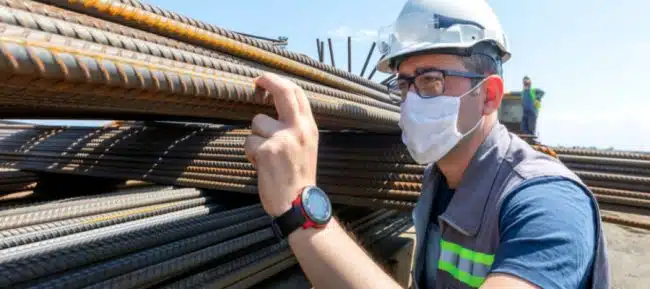-
+86 15030157877
-
sales@galvanizedmetalmesh.com
Ago . 07, 2024 10:45 Back to list
Exploring the Benefits and Uses of Farm Wire Fencing for Agricultural Security and Management
The Versatility and Benefits of Farm Wire Fencing
Farm wire fencing, a staple in agricultural settings, serves numerous purposes, making it an invaluable asset for farmers and livestock owners. This type of fencing comes in various forms, including barbed wire, electric wire, and woven wire, each designed to provide security, containment, and protection for livestock as well as crops.
The Versatility and Benefits of Farm Wire Fencing
Beyond security, farm wire fencing also plays a crucial role in managing pasture rotation. Effective pasture management is vital for maintaining soil health and promoting the growth of grass and other forage crops. By using wire fencing to create smaller paddocks, farmers can control where livestock graze, giving areas time to recover and reducing overgrazing. This practice not only ensures better nutrition for livestock but also aids in soil preservation and prevents erosion.
farm wire fence

Additionally, different types of farm wire fencing offer various levels of deterrence against predators. Barbed wire, for instance, poses a significant challenge to animals attempting to breach the fence, making it an ideal choice for farms that have issues with coyotes or other large predators. Electric fencing adds another layer of protection; it delivers a mild shock that deters animals from pushing against the barrier. This is particularly effective in preventing deer or other wild animals from accessing crops, thus significantly reducing crop damage.
Farm wire fencing is also highly customizable and can be tailored to fit the specific needs of each farm. Whether a farmer requires a low fence for small livestock or a taller one for deer and larger animals, wire fencing can be made to accommodate various height and strength specifications. Furthermore, its modular nature means that sections of fencing can be easily added or removed as needed, allowing for greater flexibility in farm management.
Moreover, the installation and maintenance of farm wire fencing are generally straightforward and cost-effective. Unlike wooden or vinyl fencing, which may require more resources to procure and maintain, wire fencing can be an economical choice for farmers. The durability of wire materials ensures a long lifespan, minimizing the need for frequent repairs or replacements that can burden a farm's budget.
In conclusion, farm wire fencing is an essential tool for any agricultural operation. It provides security and control over livestock while also protecting crops from potential threats. Its adaptability makes it suitable for various farming practices, from traditional livestock management to organic crop production. As farmers continue to innovate and find ways to enhance efficiency and sustainability on their farms, the role of farm wire fencing will undoubtedly remain significant in the ever-evolving landscape of agriculture. By investing in reliable and versatile fencing solutions, farmers can safeguard their livelihoods and contribute to the overall health of their land.
-
Welded Gabion Solutions: Durable & AI-Enhanced Designs
NewsAug.01,2025
-
Premium Welded Gabion Mesh | Robust & Eco-Friendly
NewsJul.31,2025
-
Premium Eco-Friendly Roof Tiles | Affordable & Durable
NewsJul.31,2025
-
Premium Roof Tiles for Durable & Stylish Roofing Solutions
NewsJul.30,2025
-
High-Quality Roof Tiles for Durable & Stylish Roofing Solutions
NewsJul.29,2025
-
High Quality Square Wire Mesh Manufacturer & Supplier for Wholesale
NewsJul.29,2025



